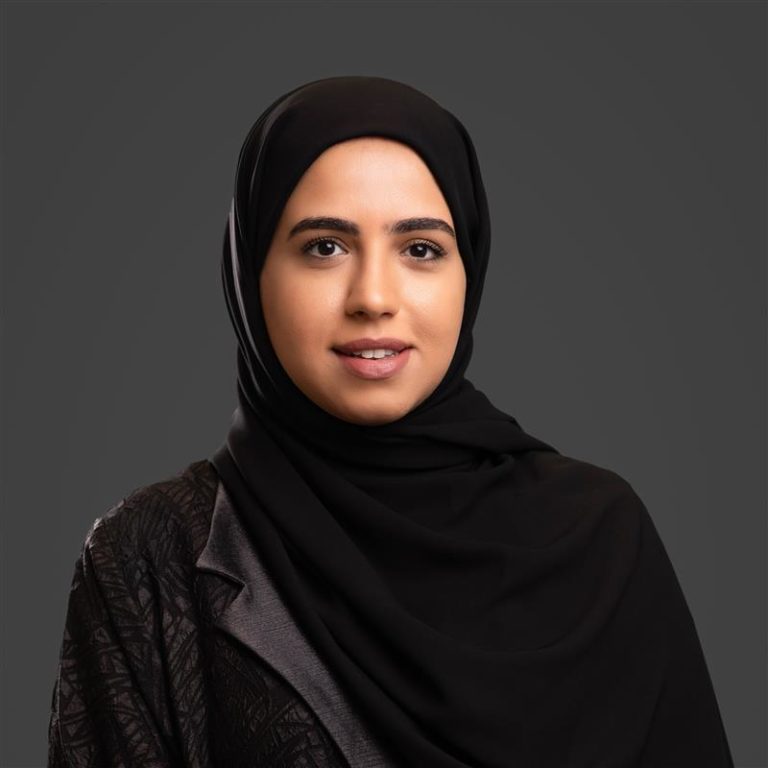AI-Driven Disaster Response and Displacement Monitoring
Noora Al-Emadi, Muhammad Imran, Yin Yang, Ingmar Weber, Fabjan Lashi, Gaia Rigodanza, Ivana Hajžmanová, Ferda Ofli. Communications of the ACM (2025)
The Humanitarian AI group develops cutting-edge AI technologies at the intersection of vision, language, and remote sensing to address critical challenges such as situational awareness, damage assessment, and urgent needs detection during natural hazards. Our work spans practical end-to-end systems, innovative data processing pipelines, geospatially aware large language and multi-agent models, multimodal frameworks for disaster scene understanding, and anticipatory AI for climate resilience.
Through these efforts, we push the frontiers of AI research while delivering real-world impact by supporting humanitarian organizations including the United Nations Development Programme (UNDP), World Food Programme (WFP), International Federation of Red Cross and Red Crescent Societies (IFRC), Qatar Red Crescent Society (QRCS), and Education Above All (EAA), among others.








Noora Al-Emadi, Muhammad Imran, Yin Yang, Ingmar Weber, Fabjan Lashi, Gaia Rigodanza, Ivana Hajžmanová, Ferda Ofli. Communications of the ACM (2025)
Sara Al-Emadi, Yin Yang, Ferda Ofli. International Journal of Computer Vision (2025)
Sara Al-Emadi, Yin Yang, Ferda Ofli. Computer Vision and Pattern Recognition (CVPR) (2025)
Muhammad Imran, Abdul Wahab Ziaullah, Kai Chen, Ferda Ofli. WWW 2025 - Proceedings of the ACM Web Conference (2025)
Zainab Akhtar, Umair Qazi, Aya El-Sakka, Rizwan Sadiq, Ferda Ofli, Muhammad Imran. AAAI Conference on Artificial Intelligence (2024)
Zainab Akhtar, Umair Qazi, Rizwan Sadiq, Aya El-Sakka, Muhammad Sajjad, Ferda Ofli, Muhammad Imran. ACM Web Conference 2023 - Proceedings of the World Wide Web Conference, WWW (2023)
Ethan Weber, Dim P. Papadopoulos, Agata Lapedriza, Ferda Ofli, Muhammad Imran, Antonio Torralba. IEEE Transactions on Pattern Analysis and Machine Intelligence (2023)
Firoj Alam, Ferda Ofli, Muhammad Imran Proceedings of the international AAAI conference on web and social media (2018)
AIDR—the Grand Prize winner of the 2015 Open Source Software System Challenge—is a free and open platform to filter and classify social media messages related to emergencies, disasters, and humanitarian crises. AIDR uses human and machine intelligence to automatically tag up to thousands of messages per minute. https://aidr.qcri.org
The development of a system that monitors social media continuously for general landslide-related content using a landslide classification model to identify and retain the most relevant information is described and validated. The system harvests photographs in real-time from these data and tags each image as landslide or not-landslide. A training…
The Flood Insights Dashboard (FID) is a comprehensive tool for evaluating the immediate flood situation during the onset of a flood disaster. Using the best available data, methods and analytical tools, FID synthesizes satellite, social media and geospatial data to help guide crisis responders in making effective decisions. System: https://flood-insights.qcri.org/pakistan_floods_2022 Paper…
This visual shows reports of attacks on education in Africa and the Middle East from the Armed Conflict Location & Event Data Project (ACLED) as well as social media posts from Twitter about education insecurity identified by the Artificial Intelligence for Digital Response (AIDR) platform. The blue circles represent the number of tweets about…
We introduce Domain Shift across Geographic Regions (DSGR), a new large-scale dataset designed to study the effects of real-world geospatial distribution shifts in satellite imagery classification. DSGR captures variability across diverse geographic regions, with particular emphasis on underrepresented areas such as Africa and Oceania, enabling systematic analysis of how regional…
Object detectors achieve strong performance on benchmark datasets, yet most are trained under the i.i.d. assumption, leading to significant degradation when deployed under real-world distribution shifts. Domain Generalisation (DG) addresses this challenge by enabling models to generalise to unseen, Out-Of-Distribution data without access to target domains during training. However, evaluating…
Natural disasters, such as floods, tornadoes, or wildfires, are increasingly pervasive as the Earth undergoes global warming. It is difficult to predict when and where an incident will occur, so timely emergency response is critical to saving the lives of those endangered by destructive events. Fortunately, technology can play a…
The CrisisMMD multimodal Twitter dataset consists of several thousands of manually annotated tweets and images collected during seven major natural disasters including earthquakes, hurricanes, wildfires, and floods that happened in the year 2017 across different parts of the World. The provided datasets include three types of annotations. Dataset: https://crisisnlp.qcri.org/crisismmd